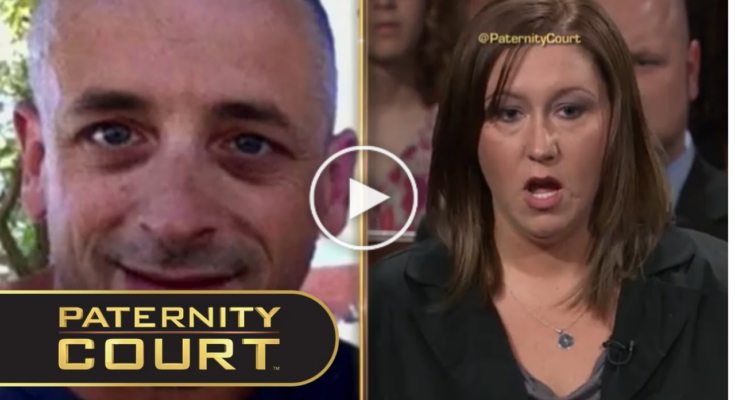The Morrow v. Curry paternity case delves into the emotional and legal journey of Amanda Morrow as she seeks to uncover the identity of her biological father. This article explores the significance of DNA testing, transparency, and the impact of unresolved paternity disputes on individuals and families. Through quotes from the involved parties, we gain insight into the complexities of seeking truth and closure.
Paternity disputes have far-reaching consequences, impacting individual identities and family dynamics. The Morrow v. Curry case serves as a poignant example of the profound emotional and legal complexities that can arise when questioning one’s biological origins. This article aims to provide an in-depth analysis of Amanda Morrow’s quest for paternity truth, highlighting the importance of DNA testing, transparency, and the pursuit of closure.
The journey of Amanda Morrow unfolds against a backdrop of uncertainty and longing for truth. With her world turned upside down, Amanda embarks on a mission to unveil the identity of her biological father. Fueled by the desire to discover her true heritage, she boldly declares, “I just want to know the truth,” encapsulating the essence of her emotional journey.
The introduction of DNA testing becomes a turning point in the case, offering a scientific avenue to establish paternity. DNA diagnostics play a critical role in verifying and clarifying biological relationships. Dr. Baird, a lead scientist at DNA Diagnostics, underscores the significance of proper DNA sampling, stating, “The sample you refer to is clearly not an ideal sample… I recommend that this sample be recollected to ensure reliable results.” This emphasizes the critical role of precise and accurate scientific analysis in determining paternity.
The transcript exposes the profound emotional turmoil that accompanies unresolved paternity disputes. Amanda’s uncertainty about her heritage is palpable as she candidly shares, “I just don’t understand how someone could do this to their child.” This sentiment highlights the deep emotional impact that such revelations can have on an individual’s sense of self. Furthermore, the case unravels complex family dynamics, where Amanda’s uncle, Kenneth Curry, becomes entangled in her quest for truth. Kenneth’s perspective provides insight into the intricate web of emotions, as he expresses, “I’m hoping if it turns out that I am her father, that we can have a good relationship.”
Amanda’s pursuit of closure emerges as a driving force throughout the case. Her desire to uncover her biological father’s identity for health reasons and heritage resonates with individuals seeking a sense of self-discovery. She articulates, “I’m not looking for a daddy… I’m looking for where I come from, my closure.” This sentiment underscores the importance of understanding one’s origins and creating a foundation for personal identity.
The Morrow v. Curry case serves as a microcosm of broader issues surrounding identity and family bonds. The emotional toll of paternity disputes can extend beyond the individuals directly involved, impacting family relationships and dynamics. Amanda’s journey highlights the significance of transparency and open communication within families, underscoring the potential consequences of withheld information.
The Morrow v. Curry case encapsulates the emotional rollercoaster of navigating paternity disputes. DNA testing, transparency, and the pursuit of closure emerge as central themes, shedding light on the intricacies of personal identity and family ties. As Amanda Morrow’s journey demonstrates, the search for truth is a powerful testament to the resilience of the human spirit in the face of uncertainty. This case serves as a poignant reminder of the importance of compassion, understanding, and support when dealing with paternity revelations.



